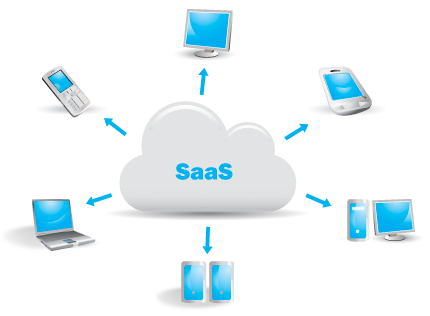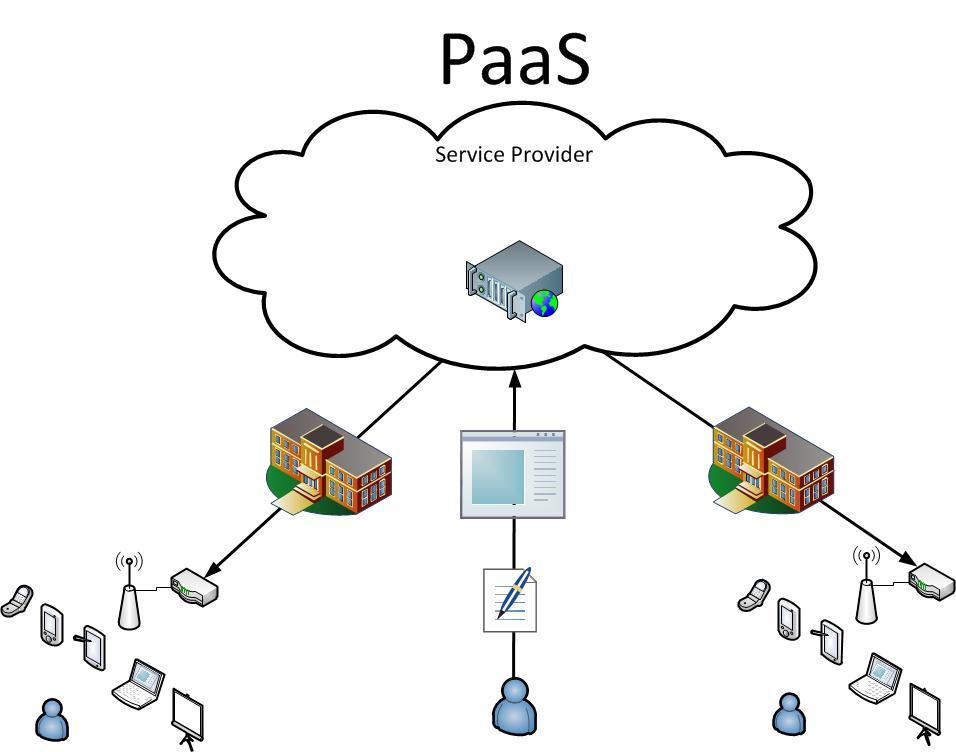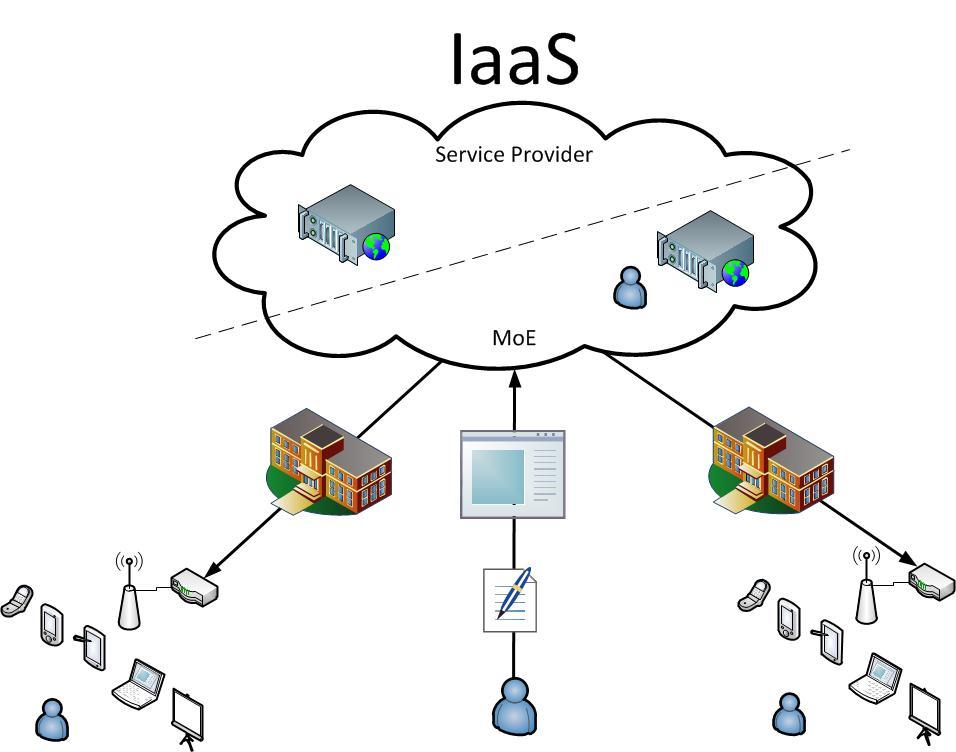What is Big Data?
Big data is the use of improved and efficient approaches to handle and manage information. Exponential growth and availability of data in structured and non-structured formats have created complications for data analysts in business and government organizations (Agnellutti, 2014).
What Possibilities and Challenges Lay Within Big Data?
Big data analytics has numerous benefits to organizations in mainstream and technology industries. Partnering with data analytics companies such as Hadoop and cloud-based analytics leads to operational cost reduction. Most companies that have adopted big data analytics have not replaced it with their traditional architectures. Instead, it has supported traditional data analysis and improved operational efficiency. Instead of traditional processing of large data, big data allow businesses to use enterprise warehouses when needed for analytical purposes. Big data also allow for faster and better decision making in organizations (Agnellutti, 2014).
Large organizations seek to enhance the process of decision-making based on available data. For example, companies like Caesars have adopted big data analytics to influence their decision-making processes. Caesars maintain data on customers from the total rewards loyalty program and real-time play that influences decision-making processes. With easy access and analysis of such data, Ceasers have improved its decision-making process on issues affecting customer satisfaction. Big data analytics also provide opportunities for the creation of new products and services. For example, Verizon Wireless has introduced new mobile device data based on big data analytics. Precision market insights are one such product that Verizon Wireless has introduced due to big data analytics. Such services have targeted malls, stadium owners and operators, and outdoor marketing companies.
Despite the numerous opportunities for big data analytics, other challenges are likely to affect its adoption and benefit to organizations. The performance of company websites that adopt big data analytics may be slowed. A decline in the speed of online-based companies can lead to the loss of millions in revenue. Experts in computing have also doubted the continuous availability of data working on the big data analytics platform. Data security is of main concern to different organizations that have traditionally used physical architecture data storage.
What Is Cloud Computing?
Cloud computing is a novel practice in information technology that involves the sharing of resources without the use of local servers or devices. Cloud computing is based on the internet storage and uses platforms such as virtual servers and applications. Companies that adopt cloud computing consume computer resources as a utility. As a result, companies are saved from building and maintaining infrastructure servers for the maintenance of data (Carstensen, Golden & Morgenthal, 2012).
Cloud Computing: SaaS, PaaS, IaaS
Software as a service (SaaS) is one of the leading cloud applications used by different companies. SaaS enables the delivery of different software and applications from the web, which are held by third parties. The application also operates directly without backup and downloadable applications from the web. SaaS enables users to streamline their maintenance, and support processes as most of the things are managed by vendors. SaaS cloud computing offers email, customer relationship management, and healthcare application to customers (Hillyard & Hand, 2014).

Platform as a service (PaaS) is commonly used for the development of applications and software components. PaaS enables users to develop and customize applications based on individual and organizational needs. PaaS also allows users to create applications using the software installed on their devices. As a result, such applications have cloud characteristics that improve scalability, availability, and tenancy.

Infrastructure as a service (IaaS) is a self-service approach that enables users to access, monitor, and manage data remotely (Hillyard & Hand, 2014). With IaaS, users do not have to purchase hardware, instead used depending on the level of consumption as witnessed with other normal bills. The adoption of IaaS enables users to develop individual applications, data, and middleware without engaging third parties. As a result, the privacy of the information is upheld. Most companies currently providing IaaS services also offer databases, among other services.

Cloud computing and big data have all been developed to deliver value to companies at a reduced cost. To achieve this, cloud computing adopts a model that is affordable to organizations.
How Does Big Data Relate to Cloud Computing?
Big data and cloud computing have also contributed to a decline in the value of maintaining data management systems. Processing per terabyte has declined due to the implications of both big data and cloud computing. Apart from the common benefits, both novel approaches have raised numerous data security and privacy issues. Such issues have led to the need to blend cloud and big data in organizations to a scalable level (Hillyard & Hand, 2014).
How Do Google and Facebook Handle Big Data?
Facebook and Google, two major internet-based companies, have adopted big data analytics in their operations. For example, Facebook runs one of the largest Hadoop-based data collection applications. Facebook adoption of Hadoop can be attributed to the ability of the platform to handle massive data set. Facebook also believes that the adoption of Hadoop is likely to solve weaknesses such as downtime of its data warehouse. Google, on the other hand, has adopted Mesa-based big data analytics processes. Google uses the Mesa warehousing environment to power its operations and ecosystems. Mesa enables Google to deliver high speed and quality content to its customers. Mesa has geo-replication properties that enable users to access data from different geographical locations (Catlett, 2013).
What Big Data/Cloud Services Do They (Google and Facebook) Offer for Others to Use?
Google and Facebook also offer big data and cloud computing services to its clients. For example, Facebook is introducing a big data-based platform for advertisers. Through this approach, the company provides advertisers with the opportunity to interact with social media users. Such an interaction is important in gaining important insights on consumption behaviors, tastes, and preferences. The growth of social media as a focal point for advertisers is due to the availability of big data and cloud computing services. In conjunction with DataSift, Facebook has developed big data analytics known as topic data. Topic data will enable advertisers to collect, analyze, and aggregate information from social media users based on their posts, shares, and events. However, such services are currently available only to users in the United States and the United Kingdom. Access to customer information is important to companies across the globe, making big data and cloud computing services from Facebook a game-changer (Catlett, 2013).
Google is also one of the most preferred cloud computing service providers. The company maintains a large data center in different parts of the United States, including its center next to the Columbia River. Such large facilities have enabled Google to carry out its mission and meet the needs of its customers. Google cloud platform also offers to host services to other companies. Products currently available in the market from the Google cloud platform include the Google app engine that is based on the platform as a service (PaaS) set (Catlett, 2013).
References
Agnellutti, C. (2014). Big Data: An Exploration of Opportunities, Values, and Privacy Issues. New York: Nova Publishers. Web.
Carstensen, J., Golden, B., & Morgenthal, J. (2012). Cloud Computing: Assessing the Risks. Ely: IT Governance Publishing. Web.
Catlett, C. (2013). Cloud Computing and Big Data. Amsterdam: IOS Press. Web.
Hillyard, S., & Hand, M. (2014). Big Data? : Qualitative Approaches to Digital Research. Bingley, UK: Emerald Group Publishing Limited. Web.
